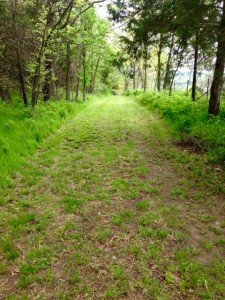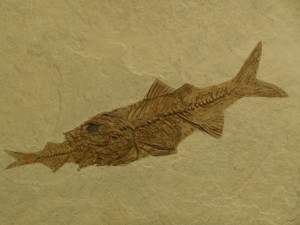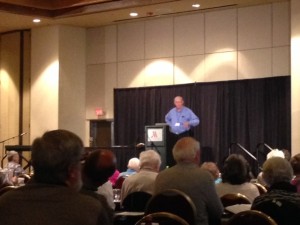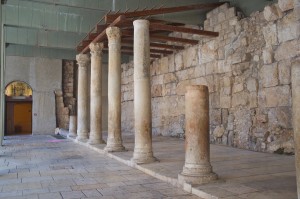We are all on our own individual journey.
No matter who we are or where we live, we have similar issues. Even if we are not outwardly emotional or appear to be stoic, the big questions of life confront each one of us at some point.
At his country estate at Down, the British naturalist Charles Darwin had the advantage of independent wealth, which allowed him to spend the last several decades of his life doing literally anything he wanted.
Of course, what he wanted was to advance his philosophy of naturalism, even beating competitors like Alfred Russell Wallace to publication with his On the Origin of Species: By Means of Natural Selection.
While reading the brilliant book on Darwin, by Paul Johnson (Darwin: Portrait of a Genius), I was struck by the fact that Darwin cherished a “walking path” near his home. It was here he took strolls daily, his nimble mind crafting the means of marketing his philosophy to the masses; with this, he had enormous help from his friends like Thomas Huxley (“Darwin’s Bulldog”) and Herbert Spencer (who coined the phrase, “survival of the fittest”).
A walking path.
Darwin chose his lot in life, and we all do, really.
I have a walking path as well, near my modest home. It is secluded, bounded by woods and meadows. In fact, my walking path is so secluded, no one knows where it is. I mow it regularly in the spring and summer, and it is here I do my deepest thinking. I have been doing that since boyhood.
On the same path.

How different, though, are my thoughts from Darwin’s. Where he saw the cold, impersonal hand of Nature producing the world Tennyson called “red in tooth and claw,” I see beauty and purpose.
I hear the birds right now, in the heavy woods. I see cattle on, if not a thousand hills, quite a few. A dog runs through a pasture in the distance. My memories of tractor rides in this very meadow, with my grandfather, are still fresh. To be very honest, these thoughts and feelings make me feel good.
If that is my opiate, so be it.
For I believe that the cold, impersonal god of Darwin could not have made the birds, or the cattle or anything else. That god could certainly not develop my mind and heart in such a way that beauty and love and goodness bring a contentedness I am certain come from the God of the Bible.
Finches may have different beaks. Mild forms of erosion might explain modest examples of rock layers.
But only the Bible gives us a true picture of earth history and, more importantly, our own history. It is in the Bible that we learn where we came from, why we’re here, and where we’re going.
When I watch animals play, with all their intricacies, I marvel. When I consider that God had a purpose even in the flood of Noah, I marvel. When I see a re-born nation of Israel, defying all historical odds, I marvel.

I realize Darwin marveled at the world he fashioned in his mind. He saw purpose in it, I suppose. However, I am certain that his views of naturalism were philosophical, and not science in the sense we think of it today. Many will disagree with me, of course. Interestingly, the loudest voices of criticism today would come from within the Church.
I also know that Darwin and many of his colleagues suffered from lifelong depression.
No wonder.
The apostle Paul likened his life’s journey to a race. He wanted to finish well.
I might run sometimes in my life journey, or more often, stroll up and down my walking path. But I too want to finish well.
And it is only in the Bible that I find a world that makes sense to me. God has lit my path all my life, every step.
He is the only true God.

